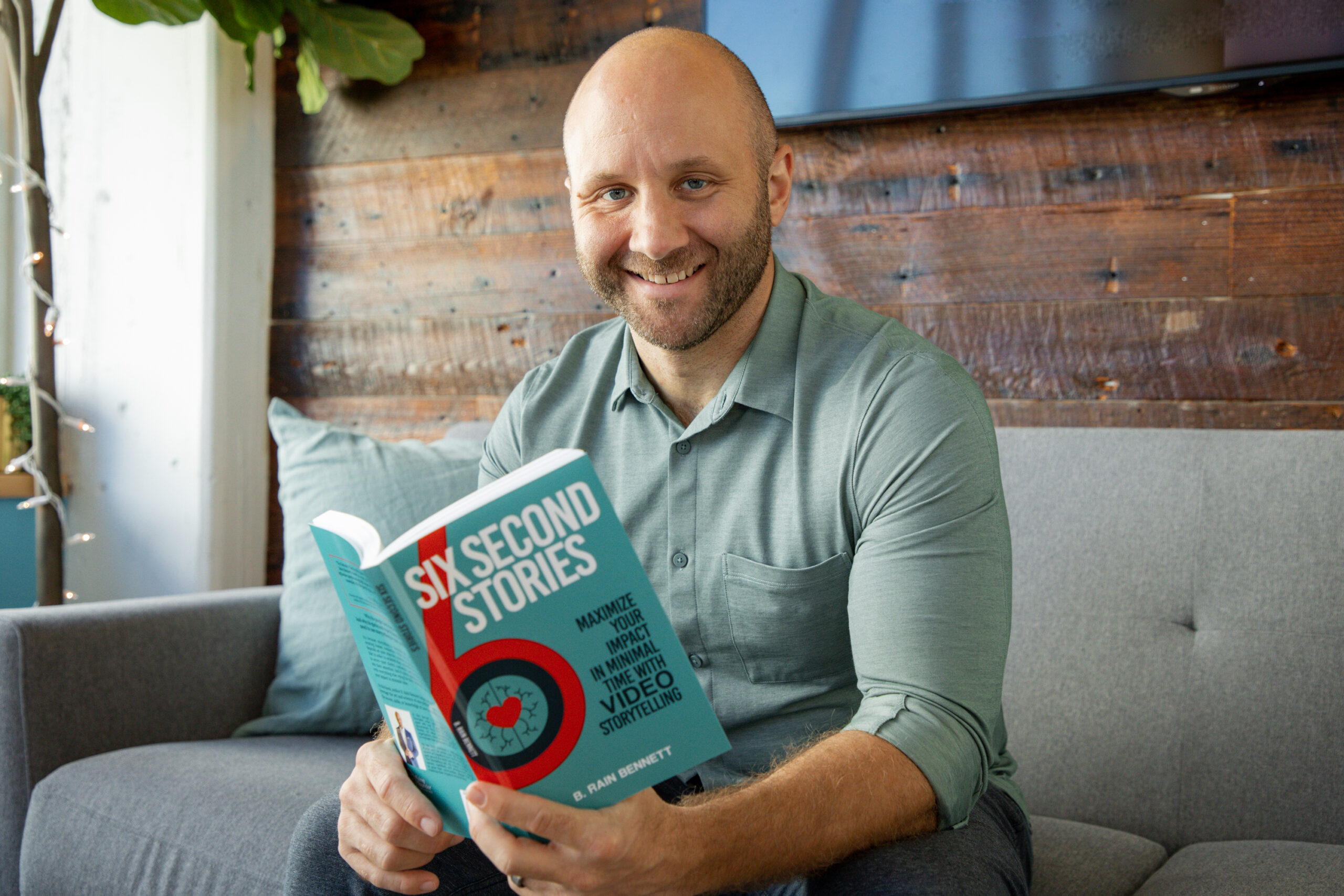
There is one skill that if you neglect to cultivate, will limit the potential of any other skills you have acquired in your life:
Communication.
If you’re in the service industry and you can’t communicate how you can help your clients most, or understand what they desire most in your service, it doesn’t matter how good you are at what you do. You will fail them.
If you’re in the medical or healthcare fields and you can’t communicate the prognosis and treatment options in a way that your patient understands, you will fail them. No matter how long you have been practicing medicine.
If you’re a boss and you can’t get your team together behind a collective goal, you’ve failed.
If you’re an employee and you can’t explain why you deserve the raise or a potential employee who can’t explain why you deserve the job, you will fail to achieve what you want.
If you have an idea that you need to pitch to investors so you can get your startup off the ground, but you can’t show them the gap it clearly fills, you will fail.
But even though this skill is so critical to humans achieving anything, it still seems that we often get it so wrong. I see it every day in the work that I do. I can’t tell you how often – working in the creative industry – that I have come across clients or collaborated with people who tried to do something that is almost always detrimental to our project’s mission.
They tried to be clever. You may have tried to do it, too.
This comes in many forms: a movie title, a tagline, website copy, or a social media post. And probably 1,000 other instances.
I get the goal.
You want to stand out. And being pithy, or metaphoric, or… you know… CLEVER. And doing so will make them remember you, right? And that’s a good thing, right??
Maybe.
But most likely they’ll be confused.
Because being “The Tiger Woods of Fishing Lures” doesn’t actually mean anything. I mean, yes, Tiger Woods was a great golfer. One of the best ever!
But he also had a pretty widely known sex scandal. And also, what does he have to do with fishing? These are two very different sports.
You aren’t trying to get your customers to laugh. You’re trying to get them to buy what you provide. That’s not to say humor can’t be used — especially if it’s a part of your brand’s narrative voice. But it should never take the place of clarity. EVER.
Another thing I see people try to do is to sound smart in their communication. At least that seems like their goal by their choices of words, even if it’s not their intention. They use big words, colorful language, and overly detailed descriptions to express themselves.
Or sometimes they work in a field, like medicine from our example above, that is full of jargon and acronyms that anyone outside of the fields just doesn’t possess in their vernacular.
Either way, it makes the communication complicated. And that is the opposite of clarity.
It seems to me there are three levels to the skill of communication.
The first level includes people who aren’t very skilled in communication. Like a child, for example. They don’t have an extensive vocabulary, their grammar might be incorrect and they probably use short words to get their points across. Their communication is simple. But it can go wrong when they don’t know how to express an idea in their head with their words.
The second level is where many of us get stuck. These people are often smart, they do have an extensive vocabulary, and they can use colorful language to describe events, emotions, or ideas. But often they use words that are unnecessarily long, or too many words when less would suffice, or their descriptions are too detailed. Or they try to be clever! The problem this level presents is that (often unbeknownst to the person) it actually makes their communication much more complicated and again, their ideas aren’t easily understood.
The third level is what we should all aim for. These are people that know how to convey the ideas in their heads so well they choose shorter, simpler words because they know that they will be understood better and the communication will be much more efficient. They understand the goal is more about the person receiving the information versus them sending it—this is essentially what holds Level Two people back. People on the third level understand fully that clarity is the goal. And for that reason, they eliminate anything that is unnecessary in their communication.
If you master this skill, it will immediately impact any and all other skills that you have.
So think about it next time you are speaking with a purpose.
Keep your language simple and seek to establish the strongest connection with the other humans in the room.
When that becomes your primary goal, instead of making yourself sound smart, then you will have graduated to Level Three and can focus on the work you do to change the world.
 Rain Bennett is a two-time Emmy-nominated filmmaker, writer, and competitive storyteller with over a decade of experience producing documentary films that focus on health and wellness. His mission is simple: to make the world happier and healthier by sharing stories of change.
Rain Bennett is a two-time Emmy-nominated filmmaker, writer, and competitive storyteller with over a decade of experience producing documentary films that focus on health and wellness. His mission is simple: to make the world happier and healthier by sharing stories of change.
You can read the rest of “Right as Rain” here, and check back every Wednesday on Chapelboro for a new column!
Chapelboro.com does not charge subscription fees, and you can directly support our efforts in local journalism here. Want more of what you see on Chapelboro? Let us bring free local news and community information to you by signing up for our biweekly newsletter.

